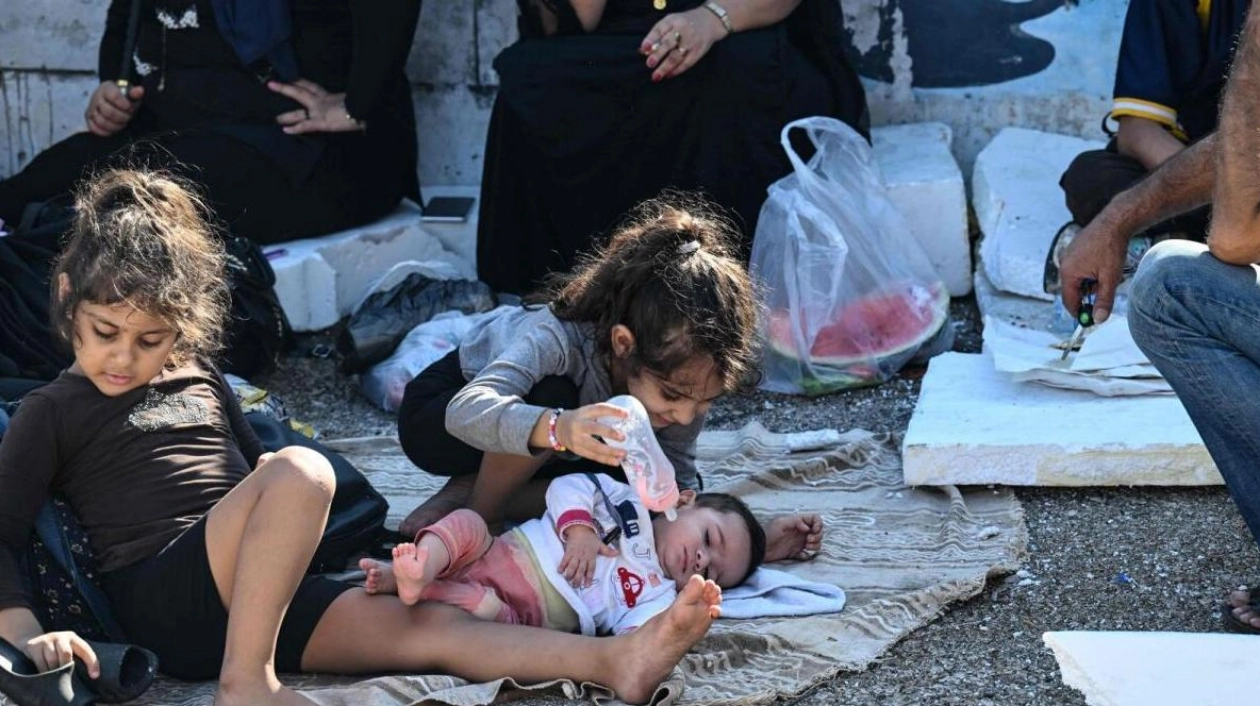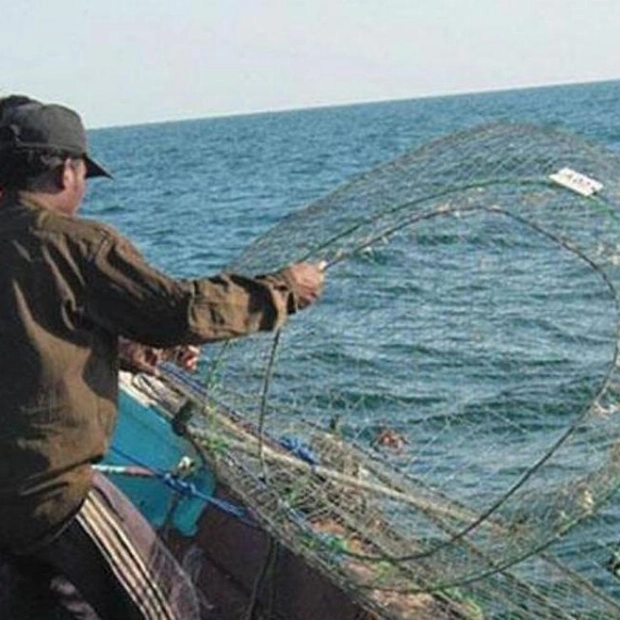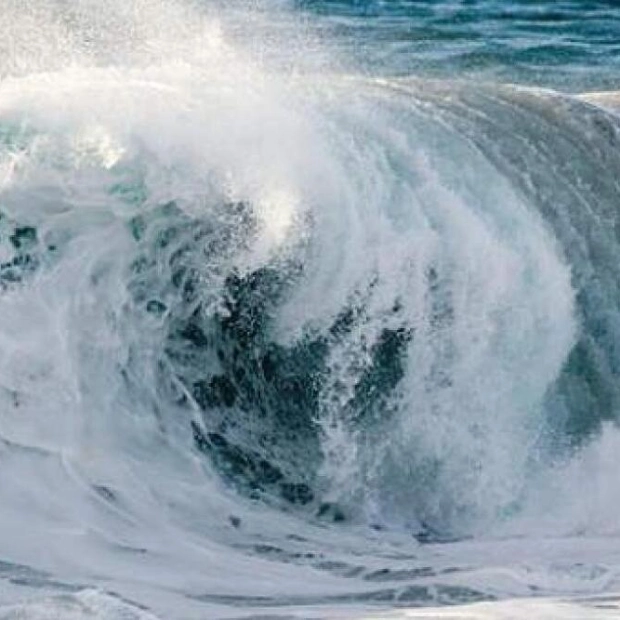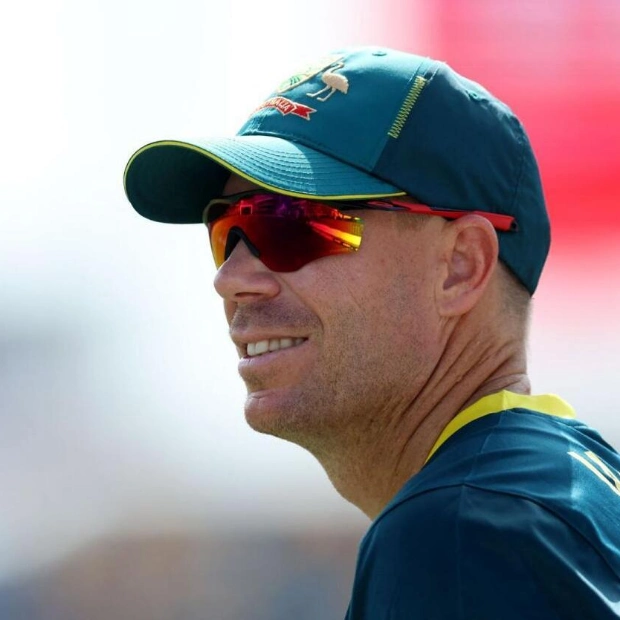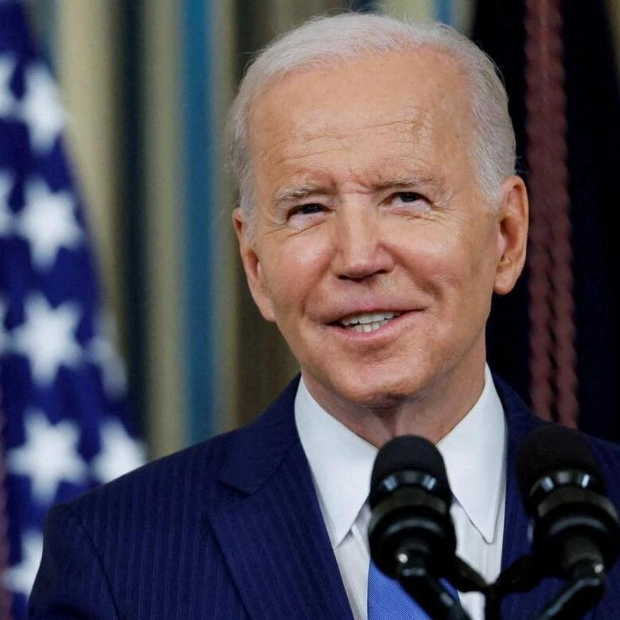Thousands of residents in Beirut's densely populated southern suburbs spent the night outdoors in streets, public squares, and makeshift shelters after Israel ordered them to evacuate before its jets launched an attack on the Hezbollah stronghold.
"I anticipated the war to escalate, but I believed it would be confined to military targets, not civilians, homes, and children," said Rihab Naseef, a 56-year-old resident of south Beirut, who spent the night in a churchyard. AFP photographers witnessed families sleeping in the open, a sight unseen in Lebanon's capital since Hezbollah and Israel last went to war in 2006.
"I didn't pack any clothes, I never imagined we would leave like this and suddenly find ourselves on the streets," Naseef added. Israeli jets relentlessly bombarded Beirut's south and its outskirts throughout the night, and Beirut awoke to the aftermath of a night of war, with smoke rising from fires in several locations.
"I'm anxious and fearful of what might happen. I left my home without knowing where I'm going, what will happen to me, and if I will return," Naseef said. Despite a night of intense strikes, the extent of the damage and the casualty count remained unclear early Saturday.
Hezbollah's Al Manar television aired footage from southern Beirut showing flattened buildings, streets covered in rubble, and clouds of smoke and dust over the area known as Dahiyeh. Israel announced on Friday that it had targeted Hezbollah's south Beirut headquarters and weapons facilities. Both Israeli and US media reported that Hezbollah's leader, Hassan Nasrallah, was the intended target, though the group has not officially confirmed his status.
Martyrs' Square, Beirut's main public space, was filled with exhausted and worried families camping out in the open. "The bombing intensified at night and our house started shaking," said an irate Hala Ezzedine, 55, who slept in the square after fleeing the Burj Al Barajneh neighborhood in Dahiyeh, where strikes occurred.
"What did the (Lebanese) people do to deserve this?" she asked, recalling that her home was destroyed by Israeli strikes during the 2006 war. "They want to wage war, but what wrong did we do?" she said, referring to nearly a year of cross-border violence between Israel and Hezbollah.
"We don't have to endure what happened in Gaza," Ezzedine said, comparing Israel's campaign against the Hamas-run Palestinian territory, which has resulted in more than 41,500 deaths, according to the health ministry there. Israel's military offensive was in response to Hamas's October 7 attack that led to the deaths of 1,205 people on the Israeli side, mostly civilians, according to an AFP tally based on Israeli official figures, including hostages killed in captivity.
